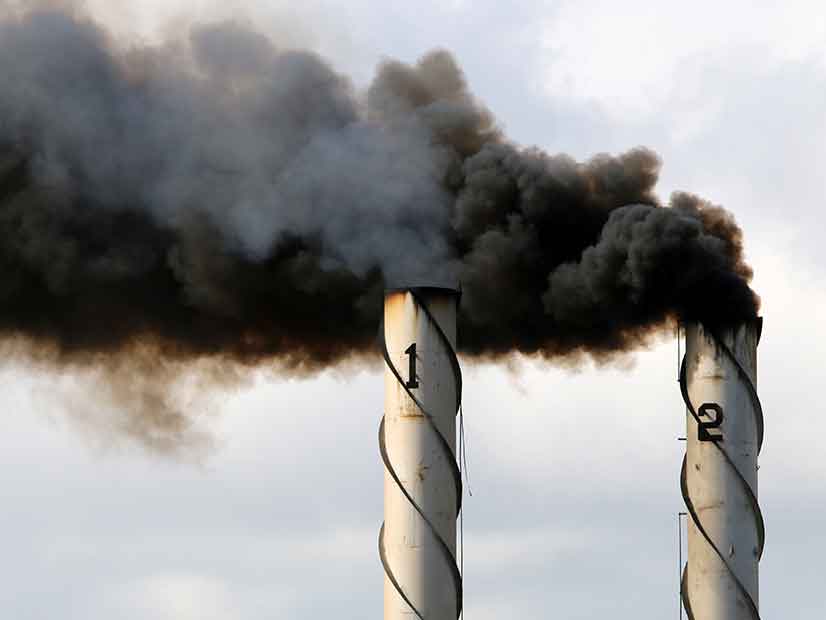Washington’s first cap-and-invest auction took place Tuesday, but initial results will not be released until March 7, when the state Department of Ecology will publish information about the auction prices and the number of sold allowances. Each allowance will equal a metric ton of greenhouse gases.
Ecology department spokesperson Claire Boyce-White said it will take a week to compile the initial data, and that the agency will release information on the amount of revenue raised on March 28.
Both the March 7 and end-of-March reports will be posted to the department’s Auctions and Trading webpage under the Market Information tab at the bottom of the page
“Today’s auction marks an important milestone in the implementation of the cap-and-invest program,” said Laura Watson, director of the Department of Ecology. “I am proud of our staff’s work to bring this historic greenhouse gas reduction program to life.”
In January, Washington officials told the Senate Transportation Committee that the cap-and-trade auctions could raise almost $1.5 billion through fiscal 2024.
Later this legislative session, the state Senate and House plan to allocate revenue from the first auction. The ecology department estimates $484 million in cap-and-trade revenue for fiscal 2023 (July 1 to June 30, 2024) and $957 million in fiscal 2024.
The revenue from the auctions is expected to shrink over time as the number of emission allowances is reduced. The department estimates $901 million in revenue for FY 2025, $730 million in FY 2026 and $592 million in FY 2027.
Emitting companies would bid on the allowances, which would be made available in batches of 1,000. The first auction will cover 6.185 million allowances, with a minimum allowed bid of $22.20/allowance.
The highest bidder would get first crack at the limited number of allowances, the second-highest bidder would get second crack, and so on. The auction ends when the last of the designated allowances is bid upon. Then all successful bidders will pay the same price per allowance as the lowest successful bid.



